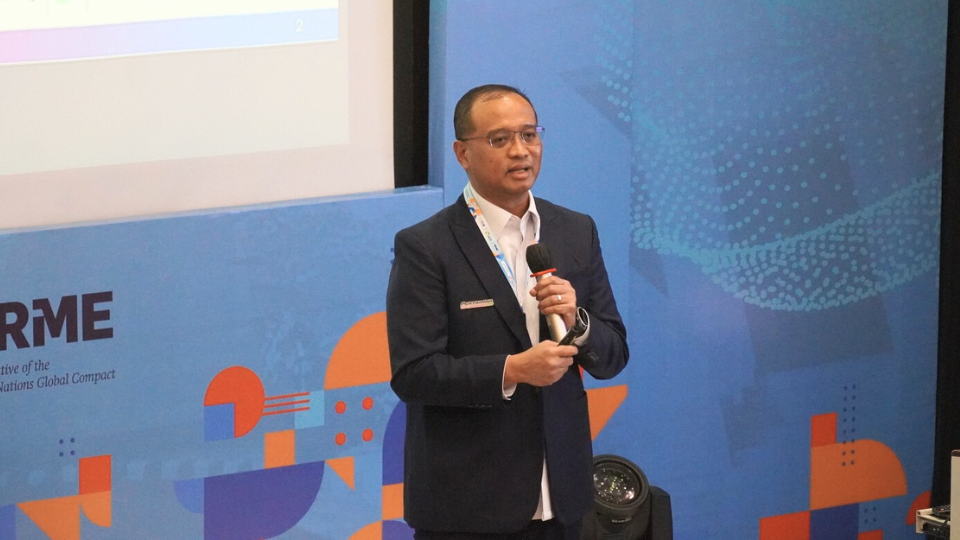Professor Shaker A. Zahra, a Professor of Strategy and Entrepreneurship at the University of Minnesota, emphasized that sustainability is now a critical concern in the global industrial landscape. He stated that sustainability is not merely an option; it is a necessity.
“Companies that don’t adapt to these changes will be left behind,” said Prof. Zahra while speaking at the second day of the International Conference on Management in Emerging Markets (ICMEM) 2025 held by the SBM ITB in Bandung (August 21).
Zahra explained that many new industries have emerged due to sustainability, including renewable energy, sustainable agriculture, and green technology. These sectors not only create jobs and generate income but also positively impact the environment. The electric vehicle and renewable energy industries have created a significant number of jobs globally, while the sustainable fashion industry employs approximately 75 million people.
“Sustainability opens up opportunities for economic growth and new jobs,” he said.
Zahra reminded that developing countries, including Indonesia, have great potential to leverage sustainability as an economic driver and create new, environmentally friendly industries.
“Sustainability is not just about reducing the carbon footprint, but also about creating industries that support sustainable economic growth,” she said.
The talk show also featured Agung Wicaksono, Director of Business Transformation and Sustainability at PT Pertamina (Persero), and Harimukti Wandebori from SBM ITB. Agung stated that Pertamina is focused on implementing sustainability in its operations.
“Pertamina has a strong mandate to lead transformation in the energy sector,” he said.
Pertamina recently tested Pelita Air’s first flight using Sustainable Aviation Fuel (SAF) based on used cooking oil (UCO).
“At this historic moment, Pelita Air flew from Jakarta to Bali using fuel produced from used cooking oil, which is an important step in supporting the sustainable energy transition,” Agung explained.
However, Agung emphasized the importance of collaboration between the public and private sectors in achieving sustainability goals. To achieve a successful energy transition, synergy is necessary among the government, energy companies, and other relevant sectors.
“The private sector and government must work together to achieve sustainability goals, both for the benefit of the company and for the benefit of society and the environment,” he added.
As part of its commitment to sustainability, Pertamina aims to achieve zero emissions by 2060 or sooner. The company’s various initiatives align with the Sustainable Development Goals (SDGs), with a primary focus on Environmental, Social, and Governance (ESG) aspects. Agung highlighted the crucial role of collaboration between the private sector and government in creating policies that support the achievement of these goals.
Meanwhile, Harimukti Wandebori, Associate Professor at SBM ITB, emphasized that entrepreneurship in Indonesia must consider local social and cultural challenges to ensure sustainability can be implemented more effectively.
“Entrepreneurship in Indonesia must consider unique social and cultural aspects,” he said.
Although Indonesia currently relies heavily on traditional industries, Harimukti believes the country has many opportunities to develop new, environmentally friendly sectors, such as renewable energy and green technology.
“We discussed challenges, but we also talked about the existing opportunities in Indonesia, especially in the renewable energy sector,” he said.
Harimukti emphasized that supporting infrastructure and developing skilled human resources are crucial to achieving sustainability. He hopes that developing human resources with sustainability awareness and the ability to innovate can propel Indonesia towards a greener future.












